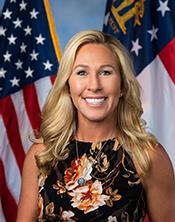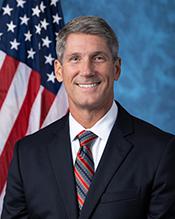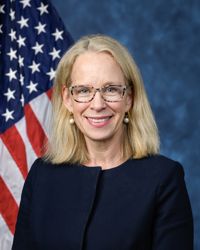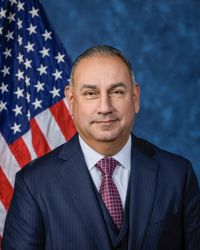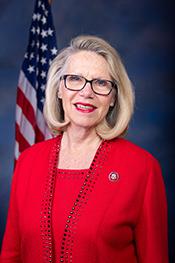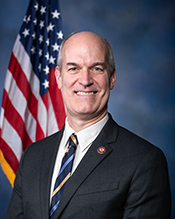S. 2690: Safer Truckers Act of 2025
The Safer Truckers Act of 2025 aims to change the requirements for obtaining a commercial driver's license (CDL) in the United States. Here are the main points of the bill:
Residency Requirements for Commercial Driver's Licenses
The bill proposes to restrict the eligibility for commercial driver's licenses to certain categories of individuals. Specifically, it states that:
- Only U.S. citizens and lawful permanent residents can obtain a CDL.
- Individuals who are authorized by the U.S. Citizenship and Immigration Services to work in the U.S. as commercial drivers will also be eligible.
Amendments to Existing Law
The bill involves amendments to Title 49 of the United States Code, which governs transportation regulations. Key changes include:
- Inclusion of the requirement that CDL applicants must meet the specified categories of eligibility outlined in the bill.
- States will need to report their policies regarding English-language proficiency for commercial drivers.
Reporting and Compliance
States will be required to submit annual reports to the Secretary of Transportation detailing their actions to enforce these new residency and English-language proficiency requirements. This reporting must start within 180 days of the bill's enactment and be updated each year by December 31.
Impact on State Practices
This legislation mandates that states align their licensing procedures with these new requirements or risk noncompliance. Noncompliance could potentially affect federal funding or other regulatory measures.
Summary of Implications
Overall, the Safer Truckers Act of 2025 is focused on tightening the regulations surrounding who can hold a commercial driver's license, with an emphasis on ensuring that these individuals are either U.S. citizens, lawful permanent residents, or those with appropriate work authorization. The act also emphasizes the importance of English-language proficiency among commercial drivers.
Relevant Companies
- UPS: As a major logistics and transportation company, UPS may be impacted by changes in labor availability for delivery drivers, particularly if the pool of eligible drivers decreases due to residency requirements.
- FDX (FedEx): Similar to UPS, FedEx could face challenges in recruiting eligible drivers, which may affect their operational capacity and delivery timelines.
- CHRW (C.H. Robinson): As a logistics company that relies on a network of truck drivers, changes in CDL eligibility could also impact C.H. Robinson's ability to provide services efficiently.
This is an AI-generated summary of the bill text. There may be mistakes.
Sponsors
1 sponsor
Actions
2 actions
| Date | Action |
|---|---|
| Sep. 03, 2025 | Introduced in Senate |
| Sep. 03, 2025 | Read twice and referred to the Committee on Commerce, Science, and Transportation. |
Corporate Lobbying
0 companies lobbying
None found.
* Note that there can be significant delays in lobbying disclosures, and our data may be incomplete.
